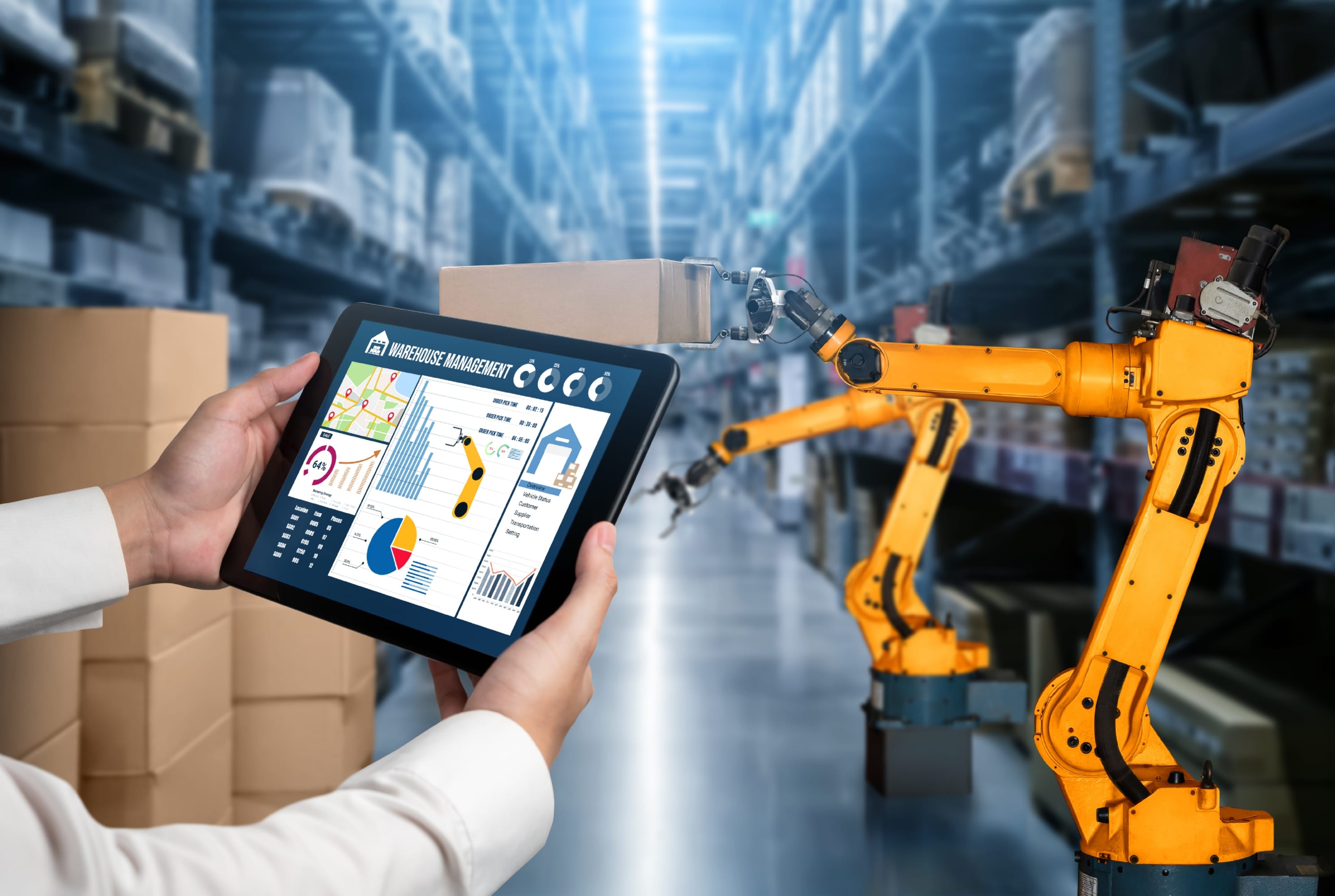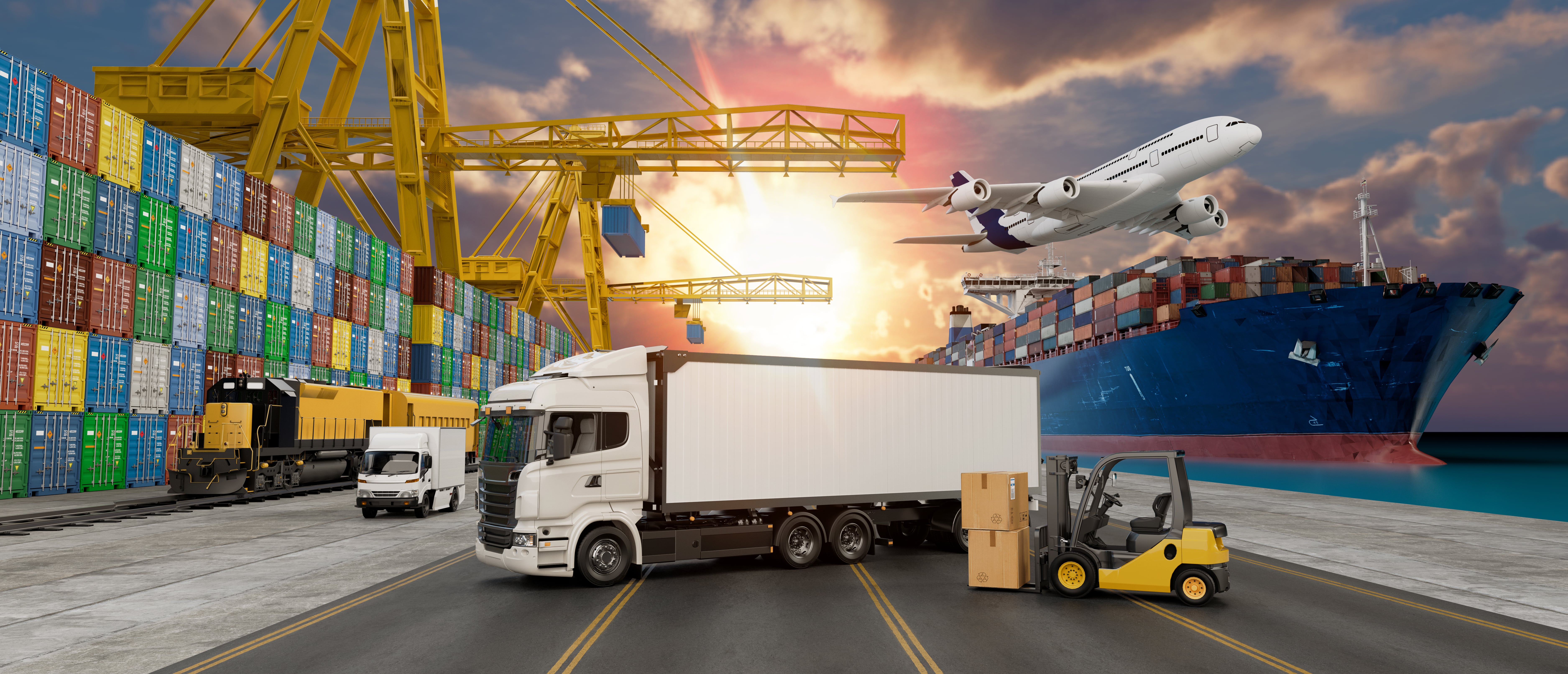Global supply chains keep the world active. It unites countries, companies, and customers, facilitating the movement of materials or goods across borders. It is indeed inspiring yet tricky and challenging. A logistics, freight forwarding, or third-party logistics company will face diverse obstacles that may impact price, speed, or trustworthiness.
Here are the ten common challenges global supply chains are facing.
Rising Transportation Costs
Conveyance costs are at extreme levels now due to climbing fuel prices, driver shortages, and rising labor costs. For businesses moving goods across borders, these costs can have an adverse effect on profitability. Small importers or freight forwarders may feel the sting of these increases.
Port Congestion
Ports in the U.S., China, and Singapore tend to become congested during peak times. During such times, ships can spend multiple days just waiting to offload. This uncertainty affects not just the goods in those containers but even other businesses that are all part of the supply chain. For third party logistics providers, port holds mean they have to modify plans, reroute freight, and handle customer expectations more carefully.
Geopolitical Issues
Trade wars, tariffs, or international conflicts can disrupt the supply routes suddenly. When political uncertainties appear between two nations and their relations sour, a new law can magically be created overnight. Those who procure logistics services must, thus, consistently keep an eye on such things and find an alternative.
Customs Delays and Compliance
Every country has its customs rules, regulations, paperwork, and compliance requirements. One paper can induce a pause of days and even weeks if it is skipped from the freight, or it is dispatched to the wrong customs authorities, or under some false tariff. For this reason, businesses hire or work with well-established freight forwarding companies that know how to accomplish the paperwork, meet all regulations, and keep goods moving.
Unpredictable Demand
Demand changes are hard to predict in an international economy that sways so quickly. A trend can go viral overnight through social media, updating suppliers instantly. On the contrary, demand can fall, leaving players with undesirable goods and extra storage charges. To counteract these hasty market changes, third-party logistics firms offer adaptable storage and allocation services.
Natural Tragedies and Extreme Weather
Storms, floods, quakes, snowstorms, and additional natural disasters can shut roads, ports, and terminals in just minutes. Even the smallest weather-induced delay in global supply chains can flow vicariously onto the global canvas. Hence, reliable logistic services include contingent arrangements for rerouting or storage of goods until their path is clear.
Shortage of Skilled Labor
Such is the shortage of skilled workers in many segments of the supply chain: with a paucity of skilled labor, the shipment takes longer; mistakes increase; and efficiency drops. To cover up the void, many firms in freight forwarding and third party logistics are investing heavily in training and automation.
Challenge to Technology Integration
From tracking via scheduling to contacts, technology is the significant heartbeat of current supply chains. Yet it is not constantly straightforward to incorporate additional systems, particularly between those of factories, shipping lines, and vendors. When these systems do not communicate with each other, blunders transpire. Hence, top-end logistics companies go for the best platforms so that everyone in the chain can see real-time data and updates.
Laws and Regulations About Environmental Preservation
More consumers and governments are demanding eco-friendly supply chain practices. Environmental conditions of emissions, packing materials, route optimizations, and fuels are considered. While this is good for the environment, it can also pose some expense and complexity to implementation. Many third party logistics companies are green-washing their operational processes to the extent that electric delivery vehicles or highly eco-efficient ones
shipping methods are employed.
Security Threats
Freight robbery, cyberattacks, and counterfeiting are unpretentious threats that still exist in the global supply chain. Freight forwarding and logistics firms require sturdy security, both physical and digital.
By understanding these top 10 challenges and operating with trustworthy logistics services, businesses will help keep goods moving, keep consumers happy, and keep the world linked.


-min-1763722885109.jpg)
